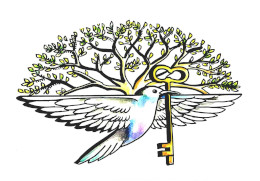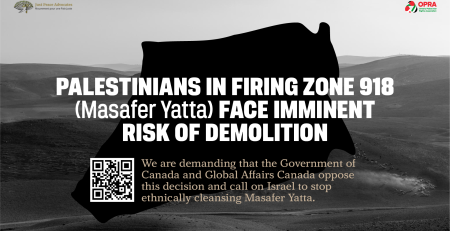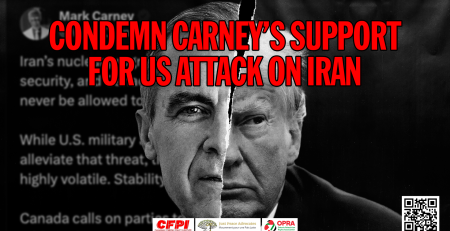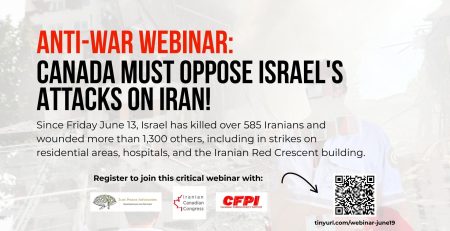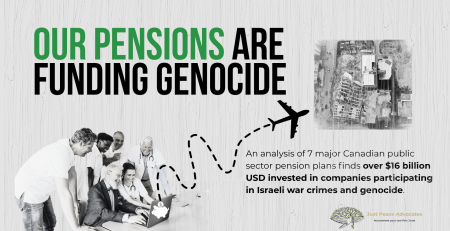On January 5, 1949, the implementation plans for Kashmir’s self determination were put in place by a resolution of the UN Commission for India and Pakistan.
The January 5, 1949, direction of the UN Commission for India and Pakistan laid out detailed plans that both India and Pakistan had already accepted. It provided details for a free and impartial plebiscite promised in UNSC Resolution 47, and included details related to free right to return with provision to exercise rights as citizens for those returning. It also provided for freedom of the press, speech and assembly and freedom of travel in the State, including freedom of lawful entry and exit. It also called for the release of all political prisoners.
It would have seemed reasonable to be optimistic at the time that the people of Jammu and Kashmir indeed would have their right to self-determination recognized through the plebiscite promised to them in Resolution 47.
Karen Rodman from Just Peace Advocates was one of the guests invited to speak on January 5, 2022, marking 73 years since the UNCIP resolution.
Karen Rodman from Just Peace Advocates on January 5, 2022, 73 years since the UN Commission for India and Pakistan approved plan for self-determination for the people of Kashmir. Almost three-quarters of a century of international promises broken.
Listen to my talk
As salaam alaikum
I am joining you tonight from Kawartha Lakes, on the 1818 Treaty 20 land that is the indigenous home of the Haudenosaunee, the Anishinaabe, the Mississauga and the Wendat people. As we consider colonialism in Indian occupied Kashmir, we remember that Canada was founded on and continues to be party to ongoing violence against the indigenous people of Turtle Island.
Thank you for including me this evening as we consider over 73 years of broken international promises for the people of Kashmir.
On December 31, 1947, India brought the matter of Kashmir to the United Nation. On January 20, 1948, under UNSC Resolution 39, the United Nations Commission for India and Pakistan (UNCIP) was formed and following this the UN Security Council passed Resolution 47 on 21 April 1948.
Resolution 47 laid the basis for the resolve of the Kashmir issue. Canada very much had its fingerprints on this “resolution” with Canada’s then United Nations representative, Andrew McNaughton being also the president of the United Nations Security Council.
On January 5, 1949, the implementation plans for Kashmir’s self determination were put in place by a resolution of the UN Commission for India and Pakistan.
The January 5, 1949, direction of the UN Commission for India and Pakistan laid out detailed plans that both India and Pakistan had already accepted. It provided details for a free and impartial plebiscite promised in UNSC Resolution 47, and included details related to free right to return with provision to exercise rights as citizens for those returning. It also provided for freedom of the press, speech and assembly and freedom of travel in the State, including freedom of lawful entry and exit. It also called for the release of all political prisoners.
It would have seemed reasonable to be optimistic at the time that the people of Jammu and Kashmir indeed would have their right to self-determination recognised through the plebiscite promised to them in Resolution 47.
Of course, just as in the case of Palestine, the forces of imperialism and colonialism were at place even in what was described at the time as a post-colonial world; a world that had its hoped pinned on the shiny new institution of the United Nations.
So here we are 73 years later. Jammu and Kashmir remain an internationally recognized disputed territory.
On March 31, 2020, amid the COVID-19 pandemic, the Indian government introduced the domicile law. This law is aimed at demographic change, and at taking the land and resources from the indigenous population of Jammu and Kashmir.
This law is counter to the United Nations Security Council resolution 47 and a subsequent 5 UNSC resolutions during the 1950s that call for a plebiscite to determine the future of the disputed territory.
Article 49 of the Fourth Geneva Convention states, “the occupying power shall not transfer its own civilian population into territory it occupies,” and under Article 1 all High Contracting Parties, which includes Canada, are required to take action to ensure respect for the Convention “in all circumstances.”
Over these last two years settler colonization of Kashmir has been in hyperdrive behind a veil of silence through communication blockages and a world focused on covid. The demographic change is well underway through issuing of at least 4 M domicile certificates, while terror and fear are used to silence the Kashmiri population.
During the Canadian election in the fall of 2021 questions were asked of candidates all parties related to Kashmir. The Bloc Quebecois was the only party that responded indicating they would support a Parliamentary Motion to hold the Indian government accountable. Several candidates from the NDP and Green Party also indicated understanding of the human rights and international law violations by India of the indigenous Kashmiri people. This was very much intended to be a campaign that provided tools so people could talk with their local candidates about Kashmir. After the election all elected officials were also provided information about Kashmir.
On November 22, 2021, leading global human right defender Khurram Parvez was arrested at his residence in Srinagar following a raid at his residence and the offices the Jammu Kashmir Coalition of Civil Society (JKCCS). This arbitrary detention has been condemned by UN experts, mainline media, human rights organizations, and personalities such as Roger Waters. In Canada almost 2,000 letters have been sent to all elected officials in this regard. Again, the hope is that we can raise the awareness of Canadian members of parliament about the situation.
It is an honour to be able to work together with Kashmiri and solidarity organizations here in Canada and around the world in our joint work to shine a light on the truth about the history and present of Kashmir. As we near three-quarters of a century of broken international promises may we work to make this light brighter, holding our governments, media, corporations and other institutional decision makers accountable so the promise made on January 5, 1949 for self-determination can be realized for the people of Kashmir.
Salaam.
Check out
Working in Canada for a just peace in Kashmir
Talking Radical Radioby Scott Neigh
